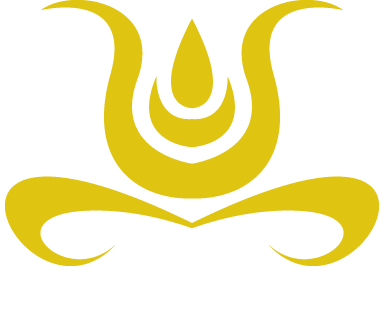Finding the Best Fit
/If you don't know what you're looking for, how will you know if you've found it?
By: Terri Hammond
The goal of an interview is to determine whether a given candidate matches the position available. If our hiring process doesn’t provide a clear answer to this fundamental question, we will make inappropriate hires and our business will suffer.
To fill a position, we need clarity – a lot of it. We’re looking for 4 things to be clear any time we’re ready to hire someone:
1. Is the position clear? That is, has the organization carefully evaluated its needs, evaluated the functions required and designed a position that fits? And does the candidate understand the position that’s available?
2. Is the vision clear for what the new hire will bring? (HINT: If the position is clear, this vision is also usually clear.) At ThistleSea, we view this through the lens of the “3Cs” – competence, commitment, and chemistry. When we’ve got a vision for the new hire, we should be able to say things like:
Not ideal on the "commitment" scale.
Competence: The new hire needs to: have advanced typing skills and knowledge of MS Office, have supervisory experience of at least 3 people in the past, and be exceptionally good at written and phone communication.
Commitment: The new hire needs to: be self-motivated and self-directed, handle stress well and calmly, and have an attitude that views errors as experience. Is the candidate willing to do what it takes to perform at a high level?
Chemistry: The new hire needs to: be collaborative and supportive of the team, and be comfortable with goals and goal-setting for her/himself and others. Will the candidate fit well in the current company culture?
3. Is the vision clear for what this candidate can bring? When a real person is sitting in front of us, we need to know if they demonstrate the 3Cs we’re seeking! The interview questions we ask should elicit responses that reveal the competencies, level of commitment and chemistry that would make the candidate a good cultural fit.
4. Does our vision match what the candidate can bring? If they match, this candidate might be a good hire. If they don’t match, we need to be honest about whether our organization can accommodate the mismatches. Following the interview, we should be able to explain clearly the matches and mismatches. If we can’t do this, we may need to change our interview questions.
Too often, we ask supervisors or HR staff members with only cursory knowledge of a position to interview candidates. It’s a bad idea.
You’ll only recognize the right person when you know the 3Cs needed to be successful in that role – and you see that the candidate has got them.
If you're looking to upgrade your talent, we can help.



